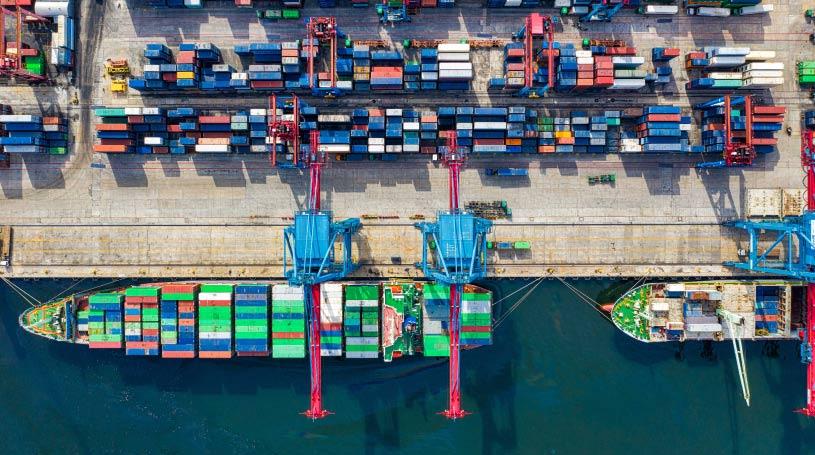Transnet will find that prices are determined by buyers not sellers
A few days ago we commented on the City of Cape Town’s defiance of common sense by hiking the price of water during a drought then keeping it high when it ends. Today comes the news that Transnet wants to raise Cape Town harbour dues by 19.74%.
This stroke of madness will ensure that the City’s port remains one of the most expensive in the world and will deal a hammer blow to imports and exports, with negative consequences for the Western Cape economy and its inhabitants.
Two observations on this twin economic lunacy immediately come to mind. Firstly, the decision-makers in both Transnet and the City of Cape Town clearly have no clue about present economic realities. Secondly, they are revealing examples of the differing attitudes to customers between private sector managers and those enjoying employment in public sector and state-owned enterprises (SOEs).
Private businesses know customers will go elsewhere if what they sell is unsatisfactory – either on price, quality, or service. Public sector entities, whether municipalities or State-owned enterprises, regard customers as their serfs, compelled to pay whatever they demand. The result is that prices have everything to do with their own comfort, and nothing to do with their customers’ needs. SOEs are monopolies, masquerading as public services - anathema to free enterprise, sustainable wealth creation, economic growth and employment.
A darkly comic aspect to this tragic situation is the loud objections to the port tariff increases voiced by the Cape Town City Council’s management, ironically by using logic that should equally well have been applied to its own approach to the price of domestic water.
A 19, 74% increase in port charges would be “catastrophic”, said one highly paid Council official. It was based on statistics gathered before the Covid-19 lockdown damaged the economy. Port tariffs should be reduced in line with international standards. Container cargo dues are 233% above the global averages. Terminal handling charges are 117% above them. Cape Town’s port is one of the most expensive in the world. It affects every single person buying or selling products.
All true.
Every business in the private sector applauds these comments. Would that the City Council applied the same thinking to its own pricing system for the rates and levies it imposes on taxpayers.
As for Transnet, someone should instruct its managers on the meaning of the term “public servant” and, for good measure, explain in words of one syllable that if Cape Town’s port becomes even more expensive, as they clearly intend, then all our exports will become more expensive. Our wine markets overseas will turn to Chile, Argentina, New Zealand and Australia who will be only too willing to take over. As for imports which describes everything we don’t make ourselves, their prices will go through the roof.
The overriding lesson here is that in the private sector, the Customer is Royalty. In the public sector, the Customer is, well, not so much — to put it mildly.

